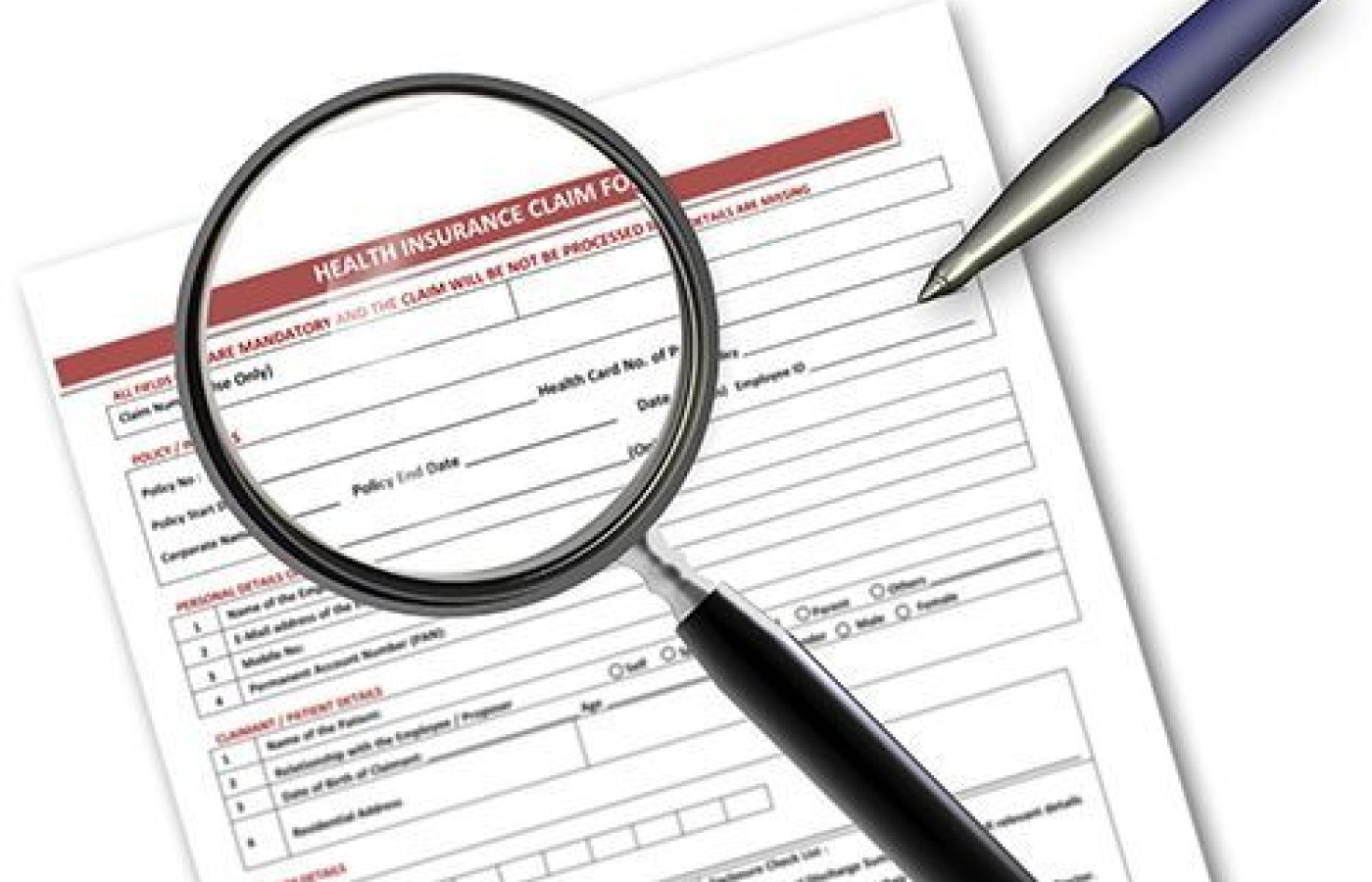Many relevant diagnostic signs are not performed deliberately by the examiner or by the patient at the examiner’s direction. They are observed as the patient reacts to their condition. Fortin’s finger sign, Minor’s sign, and Vanzetti’s sign are three examples of this principle.
Deciphering the New CMS-1500 Claim Form
Q: I am confused about how and when to use the new 1500 form, particularly block 14 and block 15. What is required and how do I properly fill out these fields? And do I actually have to use this new form or may I continue using the old version?
A: The new CMS-1500 claim form (02/12) released by the Centers for Medicare and Medicaid Services (CMS) replaces the previous form (08/05). For Medicare and Medicaid payments, the new form has been allowed for claims since Jan. 6, 2014, with mandatory use of the newest version required as of April 1, 2014. Claims sent to Medicare or Medicaid on the old version are being rejected as of the April 1 implementation deadline.
However, each individual payer may use a different timeline and could allow use of the older version for a longer period. It is paramount to verify with the plans that you bill regularly as to their individual timelines and requirements for the newest version.
For example, Anthem Blue Cross, UnitedHealthcare and Humana simply adopted the Medicare timeline and require use now. Aetna, Blue Shield of California, Cigna and Health Net will accept both versions currently, but will allow only the new version beginning Oct. 1, 2014.
I suggest updating your format and utilizing the new form unless you have specific information that the carrier you are billing will accept the older format.
Blocks 14-15 and 21

The new form updates several factors, with the most prominent change to block 21, where the diagnosis is listed. In item 21, the number of lines to report diagnosis codes was increased from four to 12, the labels for these lines were changed to letters instead of numbers, and the decimal point was removed.
The new form allows up to 12 separate diagnoses and is now lettered A-L and from left to right, instead of 1-4 and top to bottom. This was done in response to the requirements of ICD-10 (since delayed to Oct. 1, 2015), which allows the diagnosis to be much more specific and can require some additional coding.
Additionally, there was an update to blocks 14 and 15, as you noted. A new area was added to the right of item 14 to report a three-digit qualifier, which is intended to indicate which date is being reported: date of the current illness, date of the injury or date of the last menstrual period. The qualifiers (three-digit number) are as follows: 431 Onset of Current Symptoms or Illness; or 484 Last Menstrual Period. Clearly, for your claims the most likely code (unless you are an OB) is 431.
Medicare does not require use of this qualifier, but some carriers may. For instance, Anthem has made a slew of denials for non-use of the qualifier. Thus, I would include the qualifier on all non-Medicare claims.
Block 15 updated from "Same or Similar Illness" to "Other Date," with this date preceded by a qualifier. This is intended to capture another date relevant to the patient's condition or treatment. The area to the left of this field accommodates the reporting of a three-digit qualifier. The date is then reported in the existing date area. The field will accommodate reporting dates such as initial treatment, accident, last X-ray and prescription.
This block has not been designated as required at this time by insurers. Medicare also does not require use of this block or item. However, if you do use this block, be sure to include the proper qualifier to identify the specificity of the date. The three-digit codes are as follows:
- 454 Initial Treatment
- 304 Latest Visit or Consultation
- 453 Acute Manifestation of a Chronic Condition
- 439 Accident
- 455 Last X-Ray
- 471 Prescription
Other Changes to the New Form
- All references to Social Security numbers were removed, as was reference to "Patient Status," "Other Insured's Date of Birth, Sex," "Employer's Name or School Name" and "Balance Due."
- Item 10d was changed from "Reserved for local Use" to "Claim Codes (Designated by NUCC)."
- "Employer's Name or School Name" is no longer reported in 11b. A distinct field for reporting a property and casualty claim number was added: "Other Claim ID (Designated by NUCC)." The area to the left of the line in the left-hand side of the field is for reporting a two-digit qualifier that indicates what identifier is being reported. For instance, Y4 indicates a "Property Casualty Claim."
- In item 17, the ability to report the role the provider is playing when referring, ordering or supervising is made possible by listing a two-digit qualifier at the beginning of the line: DN – Referring Provider, DK – Ordering Provider or DQ – Supervising Provider.
- The title for field 19 was changed from "Reserved for Local Use" to "Additional Claim Information (Designated by NUCC)."
- Item 22 is now listed as "Resubmission and/or Original Reference Number." NUCC states, "List the original reference number for resubmitted claims. Please refer to the most current instructions from the public or private payer regarding the use of this field (e.g., code). When resubmitting a claim, enter the appropriate bill frequency code left justified in the left-hand side of the field. (7 – Replacement of prior claim; 8 – Void/cancel of prior claim.) This Item Number is not intended for use for original claim submissions."
- In item 24E, only four diagnosis codes can be pointed to. In an effort to avoid possible confusion (for example, a number such as 12 being misunderstood as 1 and 2), the labels for the diagnosis code lines in item 21 are now listed as letters, rather than numbers. Item 24E will continue to report up to four one-digit diagnosis pointers (listed as letters) from item 21.
- Block 21's designation for ICD "9" indicates the diagnosis codes are from the International Classification of Diseases, Ninth Revision (ICD-9), while "0" is for the International Classification of Diseases, 10th Revision (ICD-10). The use of the indicator will be necessary during the transition to ICD-10 and when reporting services that span the Oct. 1, 2015 implementation deadline. Because only one indicator can be used in this field, the diagnosis codes reported on the form must be all ICD-9 or all ICD-10. Therefore, this differentiation is not needed at this time, as ICD-10 codes are not required until late 2015.
For more details regarding the new CMS-1500 form and a complete manual, visit the National Uniform Claim Committee (NUCC) website.
Feel free to submit billing questions to Mr. Collins via email at sam@hjrossnetwork.com. Your question may be the subject of a future column.



